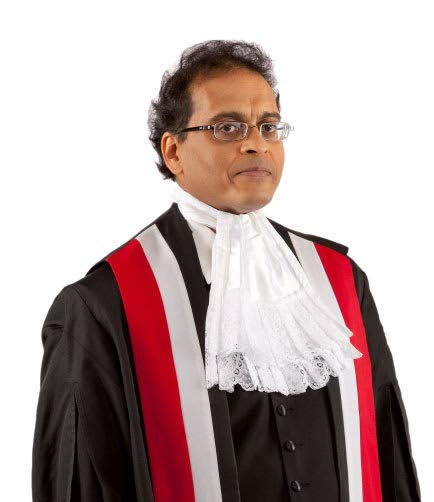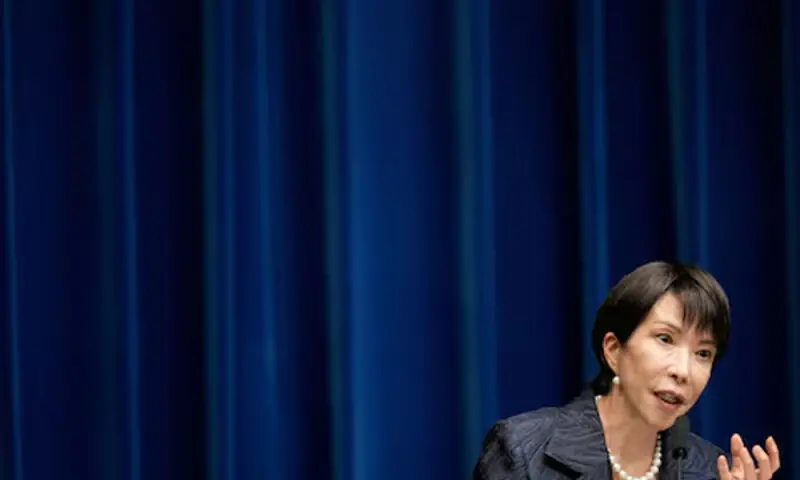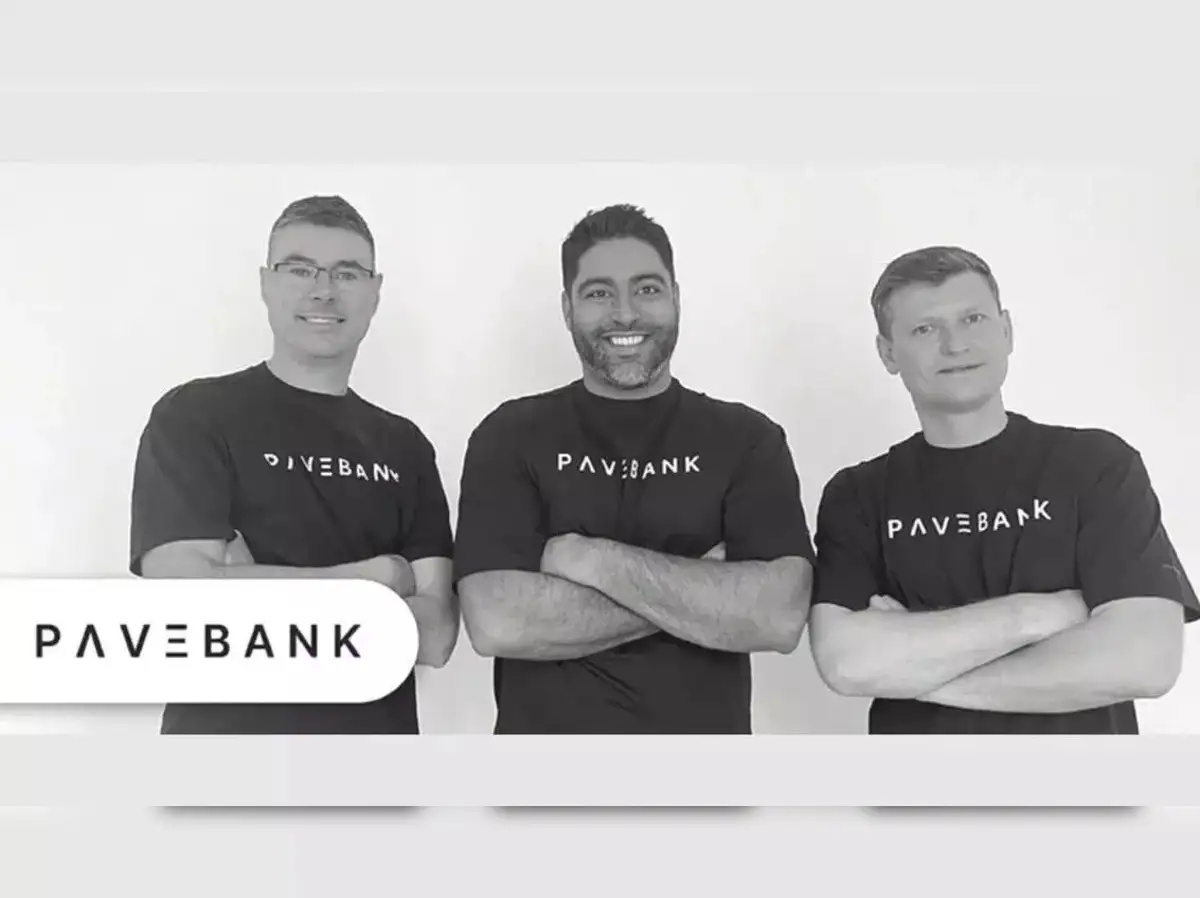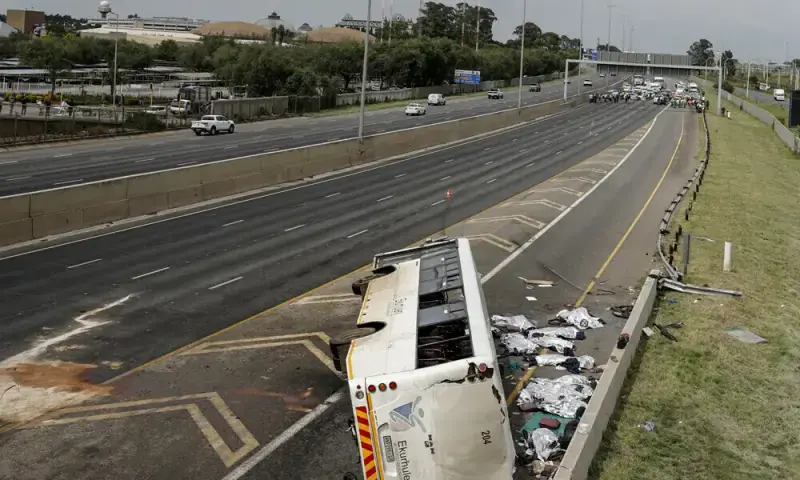Copyright newsday

The Court of Appeal has reinstated NOVO Technology’s claim against the Airports Authority of Trinidad and Tobago (AATT) over the termination of a multimillion-dollar contract for an automated border control system, reversing a High Court decision that had dismissed the matter as an abuse of process. Justices of Appeal Peter Rajkumar, Ronnie Boodoosingh, (now Chief Justice) and James Aboud ruled unanimously that NOVO’s second claim, filed after the termination of the contract during the covid19 pandemic, did not amount to an abuse of process. The judges found that the High Court, presided over by Justice Joan Charles, had erred in striking out the claim. NOVO is seeking more than $50 million in damages for alleged breach of contract and non-payment following what it says was an unlawful termination by the AATT under a force majeure clause. In its judgment, the Court of Appeal held that the doctrine of abuse of process should only apply where a defendant can demonstrate oppression or harassment, which the AATT failed to prove. The court ordered that NOVO’s first and second claims be consolidated and remitted to a new High Court judge for case management and trial. “The rejection of the second claim effectively shut out the appellant from bringing forward a genuine subject of litigation,” the court said, noting that the matters in dispute arose only after the initial suit was filed. “It cannot be disputed that the matters in this second action were genuine subjects of litigation. They involve matters that arose subsequent to the filing of the first action and they involve causes of action that arose subsequent to the filing of the first action.” The judges added, “It is one thing to refuse to allow a party to re-litigate a question which has already been decided. It is quite normal to re-litigate for the first time a question which has not previously been re-litigated before. This latter is not the case. “It may in a particular case be sensible to advance claims separately. The burden should always rest upon the defendant to establish that it is oppressive or an abusive process for him to be subjected to the second action. “So even if the argument was that the second action was inappropriate, there is no explanation as to why, apart from a very rigid interpretation of the rules, why the application to amend it should not have been permitted. “The rejection, therefore, of the claims for relief in the second action were inconsistent with the judge's own reasoning, and inconsistent with any argument that the court's resources would have been abused in some way, or would have been excessively utilised when the court had enough tools available to manage the growth of the matters consistently, by identifying the issues, by requiring the parties to find a solution, by requiring the parties not to duplicate the submissions in each matter. “It is quite clear that it is not automatic that a second action is necessarily abusive. The question in every case is whether applying a board-merits-based approach, which conduct is, in all circumstances, an abusive process.” NOVO’s legal team was led by Senior Counsel Ramesh Lawrence Maharaj assisted by Kiel Taklalsingh, Leon Kalicharan, and Karina Singh. The court also ordered the Airports Authority to pay NOVO’s legal costs, quantified at $157,500 for the High Court and $105,000 for the appeal. The decision clears the way for the continuation of the airport modernisation project, which includes the installation of eGates, boarding gates, and automated kiosks designed to streamline immigration processing and reduce passenger wait times. NOVO has successfully implemented similar border control systems in Guyana, featuring digital immigration forms and eGates that allow travelers to clear immigration in under 20 seconds, improving efficiency and traveler convenience.



